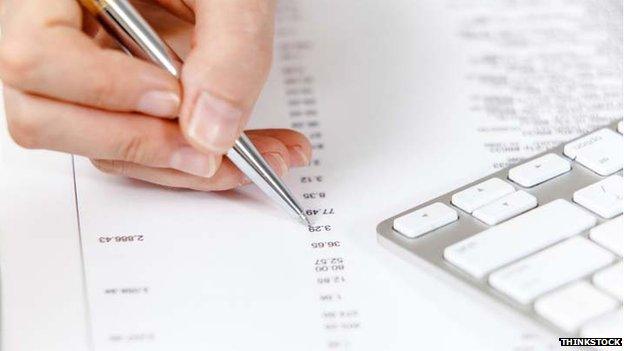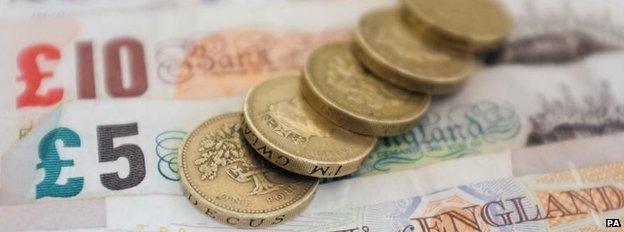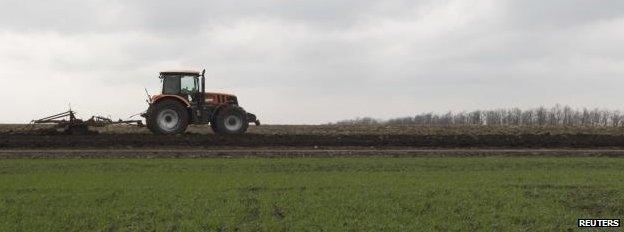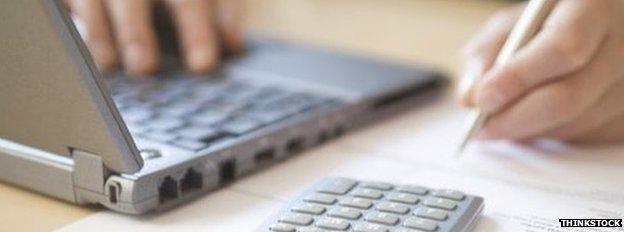Budget 2015: What it means for you
- Published

He described it as a Budget that "works for you", but Chancellor George Osborne's speech should be regarded as a Budget of aspiration.
His wish is for the Conservatives to be voted in with a majority in May.
So this pre-election Budget included what the government has done in the last five years and what Mr Osborne plans to do if his party is in power in the next parliament.
The election winner is likely to set out another Budget in the summer.
Yet some measures announced by the chancellor will take effect relatively soon, so what do these announcements mean for your finances?
Will this be seen as a Budget for savers?

Probably, because a key feature in this Budget is the promise of tax-free savings, external. However, a lot of this depends on the outcome of the election.
The chancellor has promised that the first £1,000 of interest earned on savings will be free of tax from April 2016, but this will require MPs to vote through the change in the Finance Bill of 2016 - after the general election.
In contrast, measures allowing first-time buyers to get a government top-up of a maximum of £3,000 on £12,000 of savings if they put this money into a Help to Buy Individual Savings Account (Isa) do not require legislation.
These are earmarked to start in the autumn, allowing first-time buyers to save up to £200 a month in this Isa, plus £1,000 in the first month. This can be used to buy homes of up to £250,000 outside of London and up to £450,000 in London.

What is being done to my pension?

Changes are almost inevitable as the two major parties want to change the rules on pensions. At present, pension contributions to workplace or personal pensions are generally tax-free up to certain limits.
There is a limit of £40,000 that can be put into a pension scheme in a single year. An individual will pay tax on contributions over that allowance.
There is also a lifetime allowance, at present, of £1.25m. It is this allowance that the chancellor wants to cut from 2016 to £1m, saving the Treasury £600m a year.
This lifetime allowance will rise in line with inflation from 2018, under the chancellor's plans.
Labour, if they win power, want to reduce the lifetime allowance and the annual allowance to pay for a cut in university tuition fees.
The state pension will be unaffected.

What other announcements might we have missed?

Owing to the volatility of food prices, which are very low at the moment, farmers will be able to average their income over five years when it comes to paying tax.
There will be a review into the avoidance of inheritance tax.
Beer duty will be cut, with 1p off a pint. Cider and spirits duty will be cut by 2%.

Coalition Budget
£11,000
tax free allowance by 2017
£43,300
40p tax threshold by 2017
-
1p off duty on a pint of beer
-
2% cut in whisky and cider duty
-
£1,000 tax free on savings

This isn't an isolated Budget. How else are my finances affected in April?

This is George Osborne's sixth Budget. Add in the Autumn Statements too and there are plenty of measures that have been in the pipeline.
Some of those take effect in April.
One of the most significant is that those aged 55 and over will have the freedom to spend their defined contribution pension savings as they like. That could mean cashing in their pension pot, or investing it elsewhere, instead of buying an annuity, or retirement income.
The 1% rise in working age benefits and most public sector pay will continue for another year.
The amount individuals can earn before paying income tax will be increased to £10,600 in April.
National Insurance contributions for those aged under 21 will be abolished in April.
Fuel duties will be frozen.
The national minimum wage will increase by 20p an hour to £6.70 from October. The statutory minimum for 18 to 20-year-olds will also go up by 3% from October, from £5.13 to £5.30, and by 2% for 16 and 17-year-olds, taking the rate to £3.87.

What is your reaction to the Budget? Send us your questions by emailing haveyoursay@bbc.co.uk, external.If you are available to speak to a BBC journalist, please include a contact telephone number.